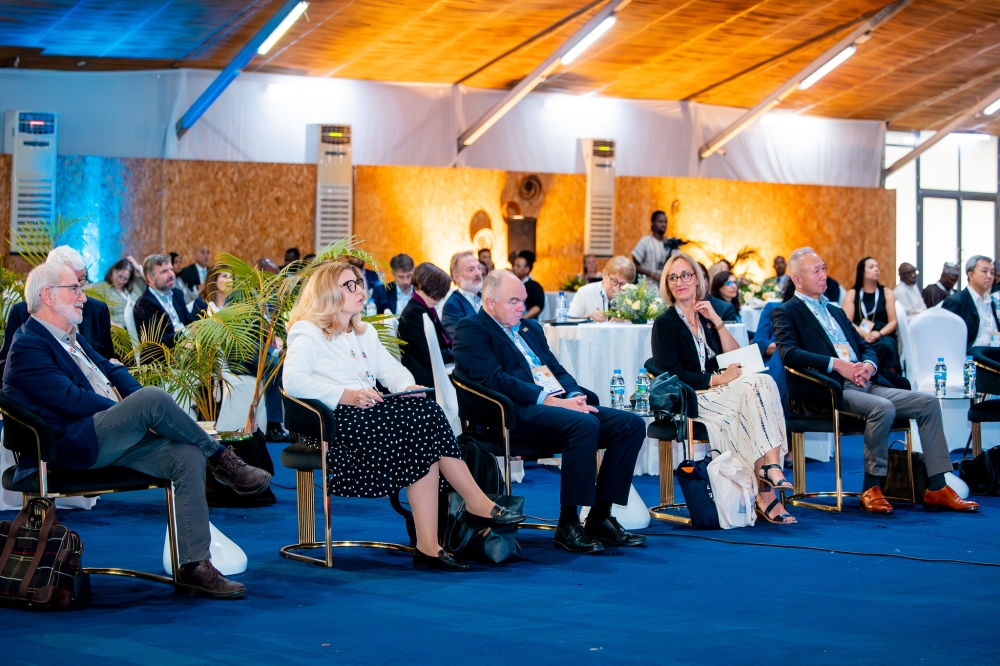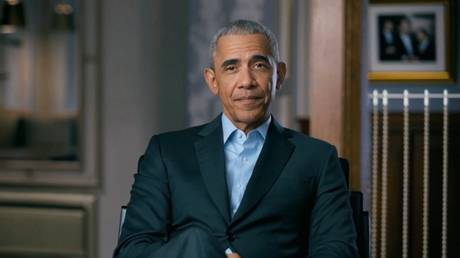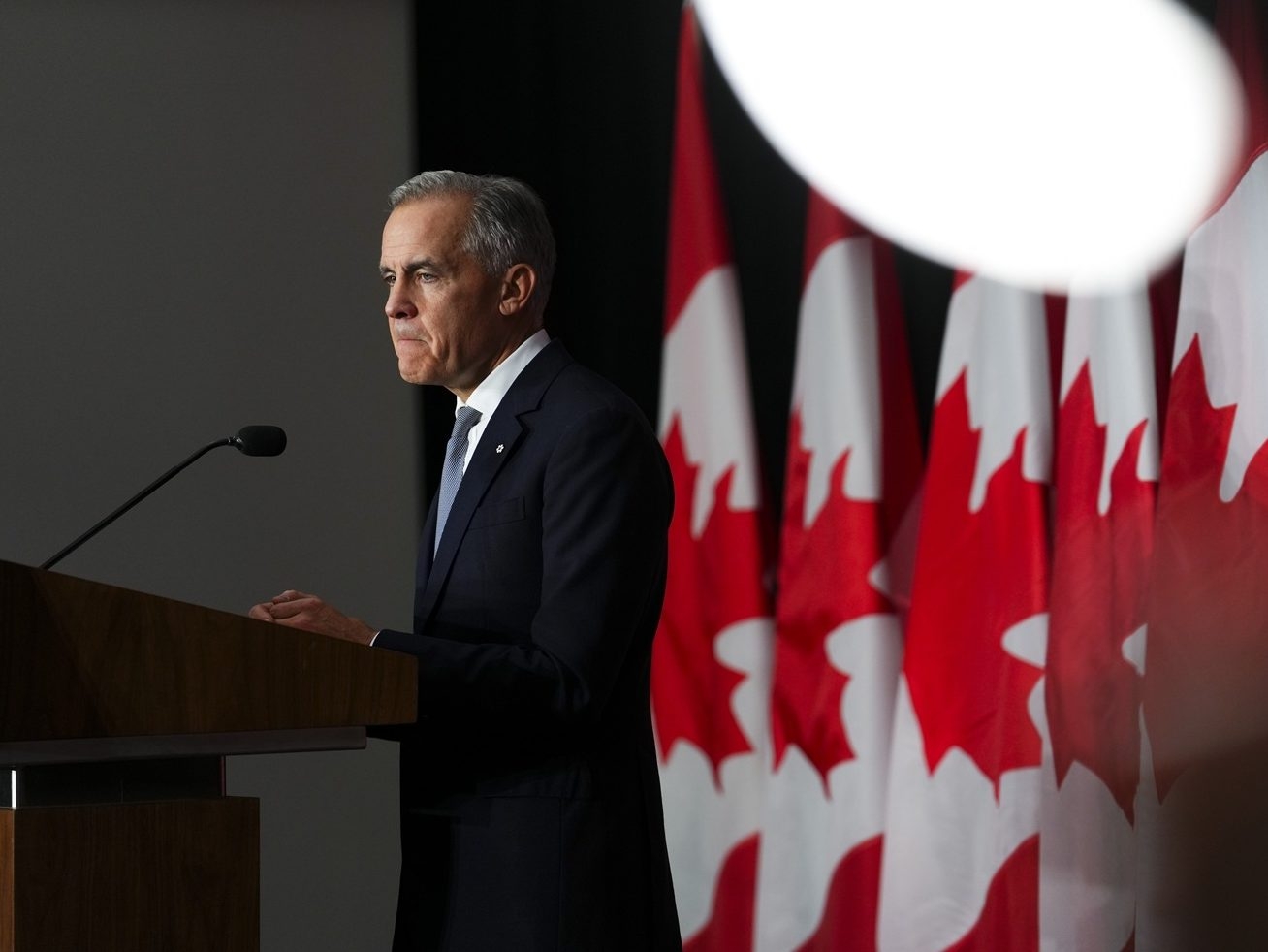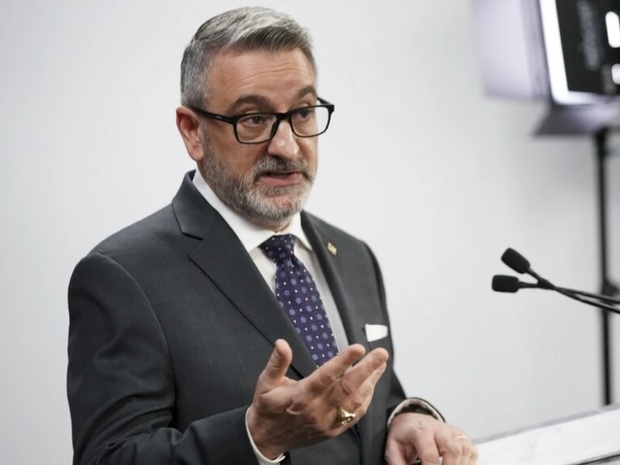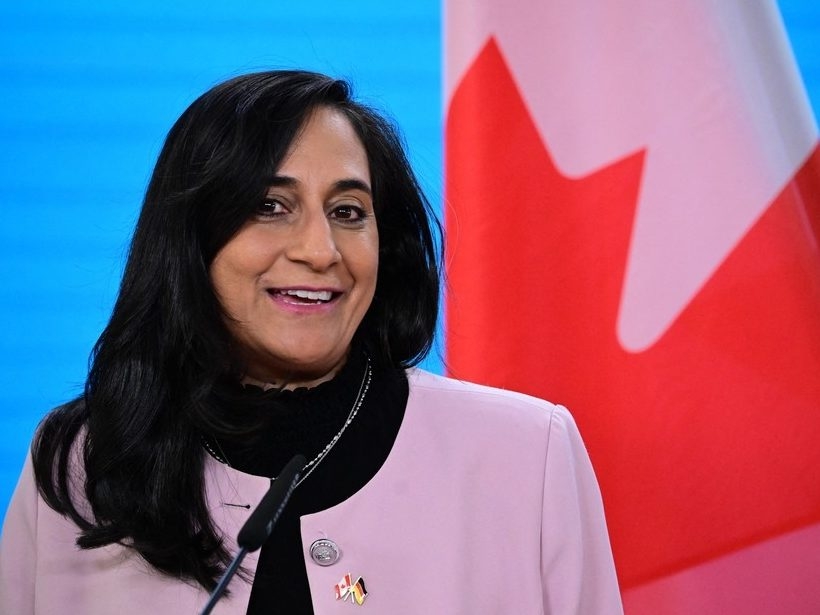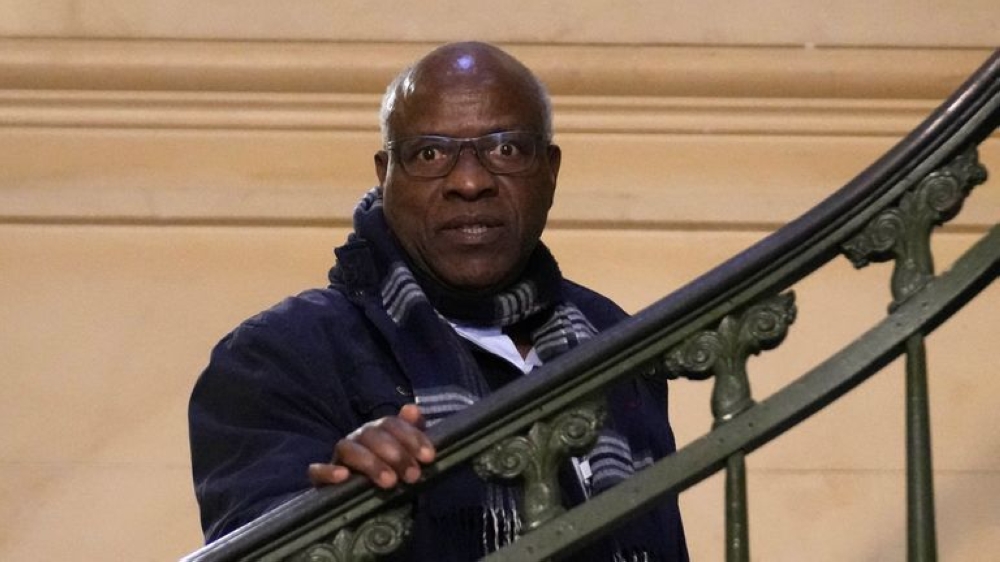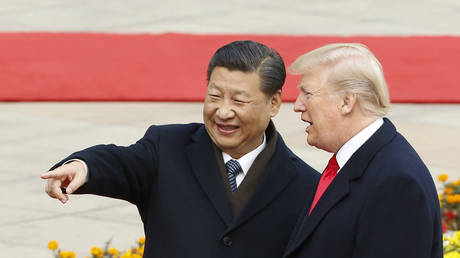University of Rwanda (UR) hosted the 2025 International Association of Universities (IAU) conference, bringing together over 200 delegates from around the world to discuss how to build and sustain trust in higher education.
The conference, held from October 21 to 23 under the theme “Building Trust in Higher Education,” brought together delegates from across the world.
Founded in 1950, the International Association of Universities (IAU) is the leading global association of higher education institutions and university associations.
The association convenes and connects 600 members from around 130 countries to identify, reflect on, and act upon common priorities.
IAU partners with UNESCO and other international, regional, and national bodies active in higher education and serves as the global voice of higher education.
“Trust in higher education is earned when institutions are transparent in governance, responsive to societal needs, and inclusive in both access and impact,” noted UR Vice-Chancellor, Prof. Didas Kayihura Muganga.
Discussions explored not only trust but also themes such as science, artificial intelligence, interdisciplinarity, and resilience in higher education.
Experts say universities are still the most suitable institutions to provide the skills and competences required by the labour market.
Universities are expected to nurture global citizens who can tackle complex challenges through collaboration, while also delivering skills that align with labour market needs.
The sessions also explored how to preserve human agency in an AI-driven world.
Experts argue that AI should remain an enabler rather than a replacement for human thought, creativity, and decision-making.
They emphasised that academic and ethical values should guide the interplay between human and artificial intelligence, ensuring that technological progress continues to be shaped by human agency
“By having all these universities gathered here in Rwanda, in Africa, we are not only benefiting by learning from different parts of the world, but they’re also learning from us... we are discussing, we are exchanging, we are advancing, we are learning from each other.”
He called on participants to reflect on the role of higher education in shaping the future, fostering innovation, promoting social cohesion, and bridging divides in a rapidly changing world.
“In an era of technological advancement and global challenges, trust remains the cornerstone of our collective efforts to provide quality, accessible, and inclusive education,” he said.
The Vice-Chancellor also highlighted UR’s new strategic partnership with the Federal University of Minas Gerais in Brazil as an example of international collaboration that enhances the relevance and impact of universities.
“We will start working closely together through a number of programmes such as technology, mining, and geology.”
He noted that the University of Rwanda is committed to supporting Rwanda in its ambitious vision to become a high-income nation by 2050. “Higher education is a cornerstone of this aspiration.”
Prof. Andrew Deeks, President of the International Association of Universities (IAU) from 2022 to 2026, said the conference fosters dialogue, shares best practices, and strengthens the bonds of trust that unite higher learning institutions globally.
“Let’s use this conference to challenge assumptions, co-create solutions, and reaffirm our shared commitment to integrity, inclusivity, and the public good. Together, we can ensure that higher education continues to be a beacon of trust and a catalyst for peace. It’s an opportunity to exchange ideas and approaches... and I’m sure many partnerships will be built,” he said during the opening session.
Rwanda’s Minister of Education, Joseph Nsengimana, commended IAU and UR for hosting the global meeting in Rwanda for the first time.
“This conference is a milestone event, not only for Rwanda but for the region. Your presence here signifies your commitment to higher education and your trust in Rwanda as a partner and host,” he said while addressing participants.
The Minister underscored that the conference theme " Building Trust in Higher Education " is timely, given the sector’s challenges, including rapid technological change, evolving labour markets, and the growing demand for equity and inclusion.
“Trust begins with integrity in leadership, excellence in knowledge creation, and transparency in governance. It grows through collaboration, innovation, and a shared commitment to values that place humanity at the centre of education,” he said.
He added that Rwanda views higher education as a driver of transformation and a pillar of sustainable development.
“Our universities are becoming engines of innovation, resilience, and inclusive growth. Education, for us, is a social contract, a partnership between institutions, government, and communities,” he said.
He also stressed that inclusivity is a key dimension of trust: “No one should be left behind regardless of geography, gender, disability, or socio-economic background. A trusted higher education system must be open to all.”
The conference was attended by vice-chancellors, researchers, and education leaders from all continents.
“Let it be a call for collective action to restore, renew, and reinforce trust in higher education as a global common good. Together, we can ensure that universities not only adapt to change but lead it,” Nsengimana added.
Hilligje van’t Land, Secretary-General of the International Association of Universities (IAU), said this year marks a milestone for the IAU as it celebrates 75 years of collective commitment to advancing higher education and international cooperation.
“After several years of meeting in Japan, Europe, and Latin America, we’re very pleased to be back on the African continent and meet in Rwanda. This is a unique opportunity for members of the higher education community to come together and discuss essential challenges that universities face... and to work together and analyse what’s at stake.”
She said many agreements are being signed between the participating universities, which will result in research collaboration and opportunities for students to engage in international programmes.
